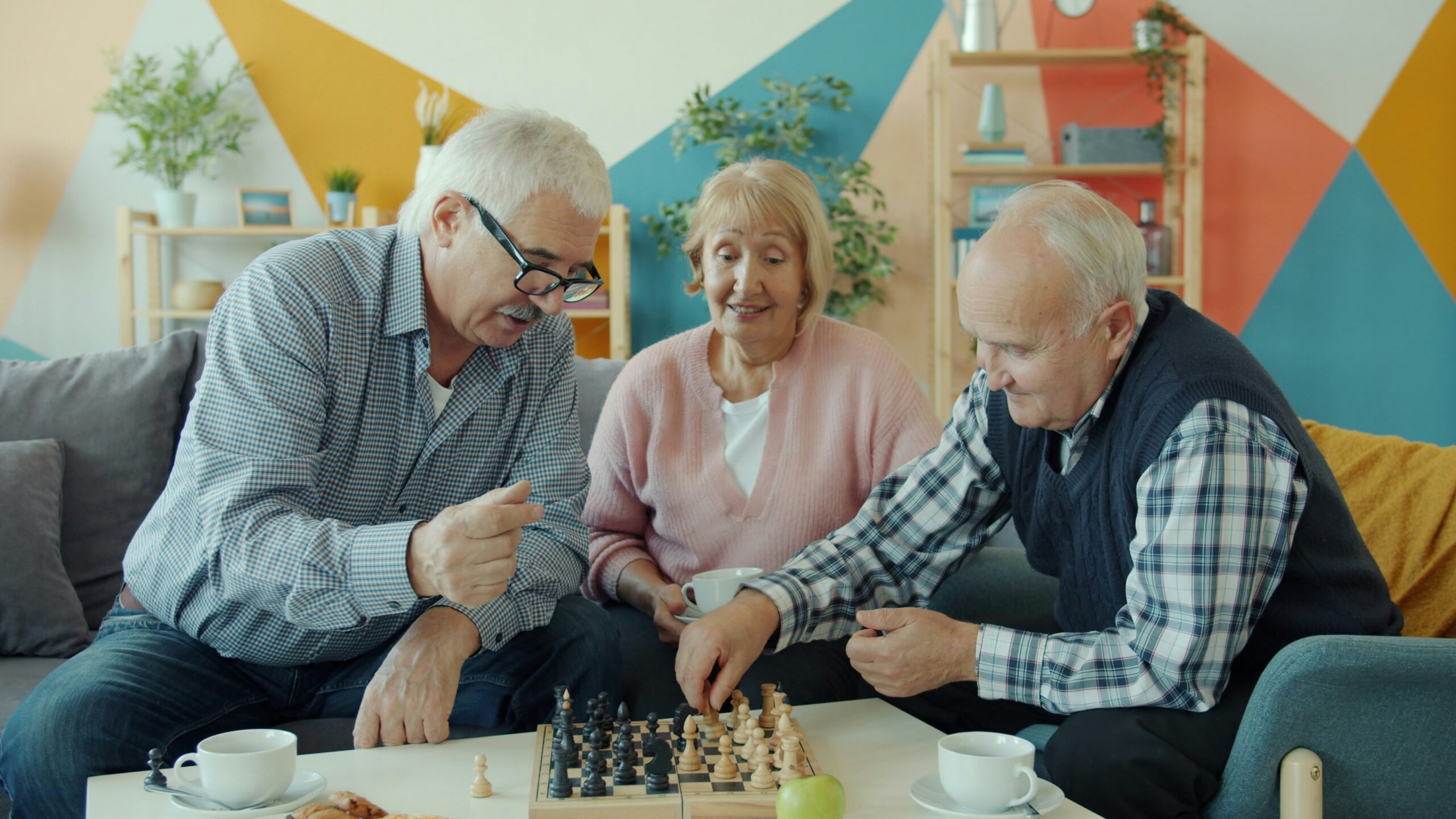Effective communication is a fundamental aspect of human interaction and plays a crucial role in maintaining relationships and ensuring well-being. This is especially true when it comes to communicating with dementia patients. As dementia progresses, individuals may experience challenges in expressing themselves and understanding others. By employing effective communication strategies, caregivers and loved ones can greatly enhance the quality of life for those living with dementia. At Casa de Retiro El Mirador, our commitment to dementia care in Mexico includes fostering strong communication channels with our residents to support their needs fully.
The Challenges of Communicating with Dementia Patients
Dementia can affect various cognitive functions, including memory, language, and comprehension. These challenges can make communicating with dementia patients difficult and require patience and understanding. Some common issues include:
- Difficulty Finding Words: Dementia patients may struggle to find the right words or forget familiar terms.
- Repetition: They might repeat the same question or statement multiple times.
- Attention and Focus: They might have trouble maintaining focus during conversations or become easily distracted.
- Understanding Capacity: Their ability to process and understand complex sentences may be diminished.

Strategies for Communicating with Dementia Patients
To communicate effectively with dementia patients, it’s vital to adapt your approach to meet their specific needs and circumstances. Here are some strategies that can help facilitate better communication:
1. Use Simple Language
When communicating with dementia patients, it’s essential to use clear, simple language. Avoid complex sentences or jargon and speak slowly to ensure they have time to process what you are saying.
2. Maintain Eye Contact
Eye contact is a powerful communication tool. It helps convey empathy and attention, making the person feel more connected and valued in the conversation.
3. Be Patient and Calm
Patience is crucial when communicating with dementia patients. Give them time to express themselves and respond. Avoid interrupting or completing sentences for them unless they ask for help.
4. Listen Actively
Show that you are listening by nodding, smiling, and acknowledging their thoughts with verbal affirmations. This can provide reassurance and encourage them to share more.
5. Use Non-Verbal Cues
Body language, facial expressions, and gestures can all aid communication. Demonstrating actions or using visual aids can help convey your message more effectively.
6. Limit Distractions
Minimize background noise and distractions when communicating with dementia patients. A quiet, comfortable environment can help them focus better on the conversation.
7. Ask Yes/No Questions
When possible, frame questions in a way that allows for simple yes or no answers. This can be less overwhelming than open-ended questions that may require more complex responses.
8. Repeat and Rephrase
If the person does not understand something, try repeating it or rephrasing it differently. This gives them another chance to grasp the information.
Building Emotional Connections Through Communication
Effective communication is not just about exchanging information; it’s also about fostering emotional connections. Here’s how you can enhance emotional bonds through communication:
- Share Memories: Engage in conversations about past experiences. Reminiscing can help evoke positive emotions and strengthen connections.
- Encourage Expression: Encourage them to express their feelings, whether verbally or through activities like art or music.
- Use Touch Appropriately: Gentle touches, like holding a hand or giving a hug, can provide comfort and reassurance, reinforcing a caring relationship.

Supporting Effective Communication at Casa de Retiro El Mirador
At Casa de Retiro El Mirador, we understand the significance of communicating with dementia patients effectively. Our compassionate staff is trained to use best communication practices to meet each resident’s unique needs. We foster an environment where residents feel heard, valued, and respected, contributing to their overall well-being and happiness.
Communicating with dementia patients effectively is crucial in ensuring they feel understood, supported, and connected. By employing thoughtful communication strategies, caregivers and loved ones can improve interactions and significantly enhance the quality of life for those living with dementia.
At Casa de Retiro El Mirador, we offer specialized dementia care in Mexico that places a strong emphasis on effective communication. Contact us to learn more about how our comprehensive care programs can benefit your loved ones and provide them with the support they deserve.








